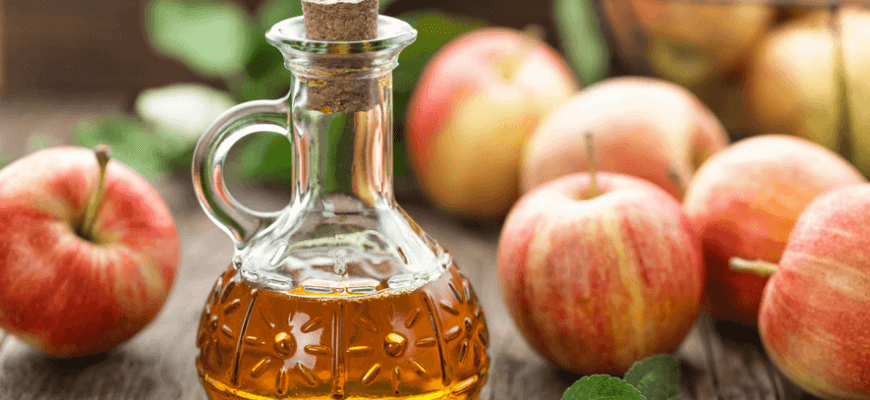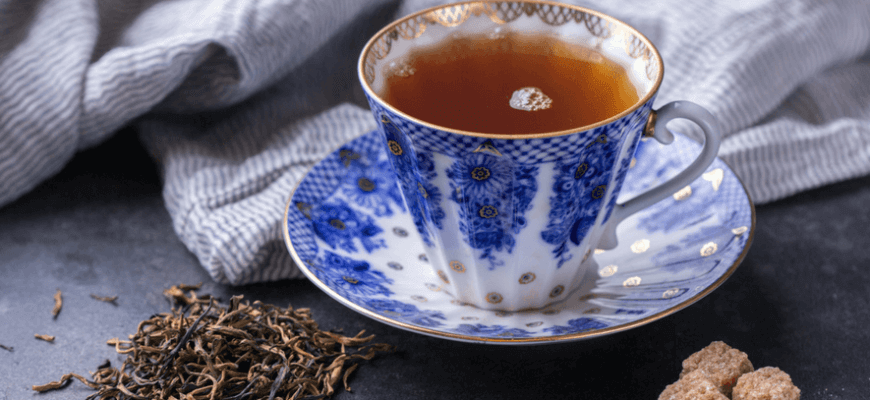Health Tip: Drink More Water!

Drinking enough water can have numerous benefits. One important factor is that it can help boost the number of calories you burn. According to 2 studies, it can boost metabolism by 24-30% over a period of 1-1.5 hours. This can amount to 96 additional calories burned if you drink 2 litres (67 oz) of water per day. The best time to drink water is half an hour before meals. One study showed that half a litre of water, 30 minutes before each meal, increased weight loss by 44%.
Avoid that sugary drink – sugary drinks are the most fattening things you can put into your body. This is because liquid sugar calories don’t get registered by the brain in the same way as calories from solid foods. For this reason, when you drink soda, you end up eating more total calories. Sugary drinks are strongly associated with obesity, type 2 diabetes, heart disease and all sorts of health problems.
Keep in mind that fruit juices are almost as bad as soda in this regard. They contain just as much sugar, and the small amounts of antioxidants do NOT negate the harmful effects of the sugar. Simply put…just drink more water!
West Bay Pharmacy
Taking Care of Your Health!
Overhydrated? It’s a Thing

A few months ago we discussed the importance of drinking water. Following up on the importance of water and staying hydrated it is equally as important to not become overhydrated. Yes – it’s possible to drink too much water.
read more →
10 Holiday Survival Tips If You Have Diabetes

Some of my patients with diabetes ask me what’s the big deal if their blood sugar levels go up a little or they gain a few pounds over the holidays. They say they can always lose the weight afterward and get their sugar levels under control.
To an extent, that could be true. If you’re in good overall health, doing well with your diabetes control and manufacturing reasonable amounts of insulin, a day or two of indulging a bit more than usual in holiday food shouldn’t be a problem.
How long that overindulgence goes on, and how many times, though, are important factors. The holidays can easily extend well past New Year’s. If you slip into bad eating habits, you can do long-term damage, raise your blood sugars and gain weight.
You can keep your weight and blood sugar levels under control during the holidays using these tips.
- Maintain your schedule
If you overeat, trying to catch up by skipping a meal afterward may cause you to overeat when you have your next meal or if a snack is available. Even on your holiday and days away from work, try to get up, eat, exercise and take your diabetes and any other medications about the same time as you usually do. - Check your blood sugar frequently
If you are taking insulin or medications that lower your blood sugar, check your blood sugar more frequently during the holidays, especially before driving a car or adjusting your insulin doses. Make allowances for the changes in your work and exercise schedules as well as your eating opportunities. - Budget your sweets and treats
To keep your blood sugars from skyrocketing, include sweets and treats as part of your carbohydrate budget — not in addition to it. Choose the meat and side vegetables and salad at dinner. Your carbohydrate for dinner could be Aunt Emily’s nut roll that she only makes during the holidays. - Watch your alcohol intake
Moderate alcohol intake can have a blood sugar-lowering effect, so don’t drink on an empty stomach. The amounts of calories and sugars vary significantly among drinks so it can be useful to search nutrition information about your favorite drinks. Recommendations for alcohol for those with diabetes are no more than one drink per day for women and no more than two per day for men. (One drink equals 4 ounces of wine, 12 ounces of beer, 1 ounce of distilled spirits. - Download mobile tools
You can download mobile apps to your phone, including apps that help you count carbohydrates of certain dishes, and let you know how much insulin you need to take (if you use it before meals). - Order smart in restaurants
You’d be pleasantly surprised how many restaurants offer healthy options not mentioned on the menu. Ask for options with less saturated fat, fried food and sugars. Substitute olive oil with fresh pepper for butter. You can also substitute sides. Ask for a baked or boiled potato (skin on) or fresh, steamed or stir-fried veggies instead of mashed potatoes. - Cook light, healthy dishes to take with you to parties.
If you’re going to a holiday dinner, ask if you can bring a dish — one lower in calories and fat — such as a vegetable tray or vegetable-based appetizer. There are many delicious, diabetes-friendly recipes, like low-sugar pumpkin mousse parfait, that you can bring to holiday parties. You can find low-sugar recipes from the American Diabetes Association. - Be ‘party smart’
At the party, enjoy some of the vegetable-based appetizers first, then the meat or cheese appetizers. Place your appetizers on your napkin instead of a plate and you’ll be less likely to overfill it. Another tip: don’t stand near the buffet table or food when talking at a party. It’s also important to stay hydrated. Drink water or club soda with a lime or lemon twist. Keep a calorie-free drink in your hand to keep your hands busy. - Stay active
If you can’t stick to your usual exercise program during this busy time, do some fun activity with family or friends. If 40 minutes a day at one time isn’t possible, break your exercise up into 10- to 15-minute segments, two or three times a day. - Remember the reason for the season
Put the focus on family and friends and not on food. Enjoy what you do eat. Savor each bite! Most important, remember to include time for exercise, meals and relaxation. The holidays will only be great if you’re in good health to enjoy them.
How to keep your heart healthy (and your waistline trim) at holiday meals

Follow these simple tips to keep your heart healthy during the holiday season.
Bring out the fruits and vegetables
Focus on pumpkin, carrots, sweet potatoes or other orange vitamin-packed vegetables. Greens such as broccoli, spinach and collard greens all pack vitamin power too. Serve colorful raw veggies with low-fat dip as an appetizer.
Make smart substitutions
Use fat-free, low-sodium chicken or vegetable broth to moisten dressing. Use olive oil in place of butter or margarine. Mash potatoes with nonfat sour cream and low-fat milk. Use fat-free non-dairy creamers or evaporated skim milk instead of cream when you bake.
Don’t starve yourself until your holiday dinner
Have a healthy breakfast so you don’t load up at the big meal. When you sit down to eat, try just a little bit of everything and go easy on second helpings and dessert.
The benefits of exercise
Take a walk after dinner, or exercise sometime during the day to offset meal calories. Several studies have shown that moderate exercise after a fatty meal helps prevent fat from affecting your arteries. Take a 45-minute walk two hours after a high-fat meal, or three 10-minute walks over a three-hour period. But always check with your doctor before you increase your activity level, especially if you have medical problems or have been inactive. So, enjoy your meal, but prepare it with less fat and walk it off afterwards. Your arteries and your waistline will thank you.
22 Diet Changes for a Stronger Heart After 40

When you put good in, you get good out, so start shopping with your heart in mind. By following this grocery guide, you’ll lower the number on the scale and decrease your heart disease risk.
If you love your heart, you’ll start shopping smart. Otherwise, you’re putting your body at risk of diabetes and high cholesterol by ignoring this organ—and it’s not as if your risk isn’t sky-high already. According to the Center for Disease Control and Prevention, 1 in every 4 deaths in the United States has heart disease to blame.
So don’t be a statistic; beat the odds and set yourself up for success with a disease-fighting diet. Heart health is made in the kitchen and in the gym, but we’re beginning with the basics. Here are the foods that don’t belong in your grocery cart, followed by those that definitely do. read more →
Top 15 Reasons To Use Apple Cider Vinegar Every Day

An apple a day keeps the doctor away is a very famous saying. Now, you can add a new twist to this saying by replacing the apple with apple cider vinegar. A daily dose of apple cider vinegar is also very effective in keeping the doctor away. It is a quick and effective ingredient for your hair, skin, cleaning coffee makers, removing coffee and tea stains from ceramic cups, polishing armor, killing weeds, making pickles as well as used for salad dressing. Apple cider vinegar is such a useful ingredient that you cannot resist the use of this ingredient every single day. It is not just used for helping you out in the kitchen and for cleaning things, but it also has many natural benefits. It is rich in calcium, potassium, magnesium, copper, phosphorus, sodium and fluorine. It is also rich in vitamins like A, B1, B2, C, E, pectin and bioflavanoid. It is such a useful ingredient that you need to use it in your daily routine. read more →
Amazing Benefits Of Black Tea

One of the widely consumed tea is black tea. Such a tea is obtained from the leaves of the shrub known as Camellia sinesis and it is more oxidized than the green, white and the oolong tea varieties. It has a stronger flavor than other varieties of tea.
Black tea is produced by methods that are different from other tea varieties. They are first plucked and then set out to be withered in order to remove the moisture from them. After they have lost out maximum moisture content, the leaves are rolled manually or with the help of machines. This is done by exposing them to high temperature. After the leaves have been fully oxidized, they are sorted as per the size.
Black tea is a name given to it due to the dark color of the tea’s liquor. If one notices carefully, it is usually orange or dark amber in color. Chinese are known to refer to it as red tea. The caffeine content in the tea is a concerning factor. One cup is known to contain half the amount of caffeine found in a cup of coffee. read more →
The Benefits of Fish Oil for the Hair and Skin

Fish oil is consumed in foods or taken as a supplement to prevent or treat a wide range of conditions. Its nutrients also produce a number of cosmetic effects. Fish oil, and particularly the healthful fatty acids found within it, can improve some skin conditions, protect against the sun’s damaging rays and even boost hair quality. Some potential benefits of these fatty acids remain yet unproven in humans, despite showing promise in recent animal testing. read more →
Salt and your health

Our bodies need a little bit of salt to survive, but the amount we eat is far more than we require. Evidence has shown that regularly eating too much sodium puts us at increased risk of developing high blood pressure. High blood pressure is the main cause of strokes and a major cause of heart attacks and heart failures, the most common causes of death and illness in the world. read more →


